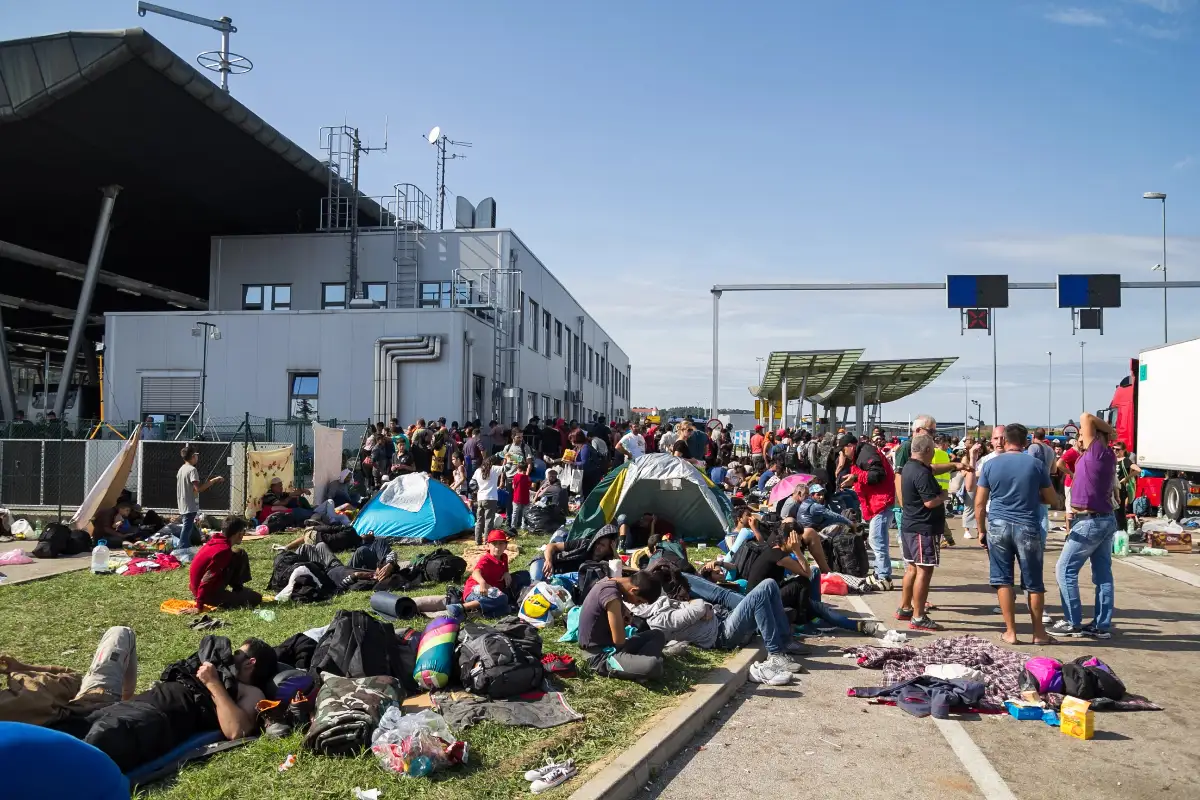political instability, and unsustainable economic conditions have turned the region into an epicenter of desperation, where seeking asylum becomes a daily struggle for survival. International organizations have issued urgent calls to strengthen assistance and coordinate efforts to protect these vulnerable populations.
Migration routes have witnessed numerous incidents, from open-sea crossings to treks through inhospitable deserts, leading to a surge in shipwrecks and accidents. European authorities, aware of the scale of the challenge, are debating the implementation of more humanitarian reception policies that uphold migrants’ fundamental rights. Meanwhile, the testimonies of those who have survived these experiences reveal heartbreaking stories of loss, violence, and hope amid adversity.
Human rights experts and political analysts agree that the crisis demands a coordinated international response. Establishing humanitarian corridors and strengthening alliances between countries of origin, transit, and destination are essential to preventing further tragedies and ensuring dignified treatment for those fleeing violence. The situation in the Middle East presents an ethical and political challenge that requires the urgent intervention of the global community.



